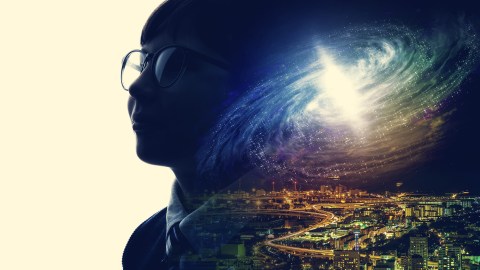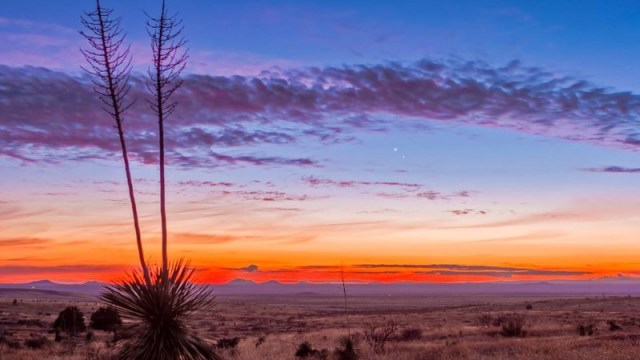Foresight is 2020. Let’s talk about the future of learning.

Photo: metamorworks / Shutterstock
- Today is the launch of The Future of Learning, a series by Z-17 Collective in collaboration with Big Think.
- Over the next several weeks, we will be releasing interviews and articles with education thought leaders, examining how the coronavirus era will forever change the way we teach and learn.
- How can we future-proof our schools so that they better serve our children and our communities?
We are in the throes of the greatest learning moment in the history of education. COVID has forced all of us—students, teachers, administrators, policy makers, parents—to grapple with thundering questions and challenges. In the storm, we have had no choice but to try to learn our way through. The horrible loss and fallout of the pandemic is unmistakable, but for so many in education, this is a crisis that simply cannot be wasted. Historically, transformation comes primarily when there are forcing conditions—when the current model simply cannot be sustained.
Specific to education, over the last few months we have all been forced to do something radically different. We have been forced to take a pause, to think in new ways about what learning can and should look like.
When the skies eventually clear, how will we view the value proposition of schools differently? What pre-COVID constructs will endure? What will be vanquished? What will we have learned?
To borrow from an old Chinese proverb: “The best time to plant a tree was 20 years ago. The second best time is today.” It is no secret that traditional conception of “school” has been begging for a re-think for many decades. Could now be the inflection point so many have been waiting for?
The horrible loss and fallout of the pandemic is unmistakable, but for so many in education, this is a crisis that simply cannot be wasted.
It does seem that some of the most urgent, pressing questions in education are now top of mind for all stakeholders. One might even say these are existential questions. These are questions that concern us all.
What is the most essential ingredient for a great education? What are the conditions of optimal learning? How do we create them? What human superpowers are most important? How could we design opportunities for young people to engage in real-life, meaningful, relevant projects? What are the problems we’re trying to solve? What is worth fighting for? In an age of uncertainty, how do we become future-proof?
Over the last two months, Z-17 has posed these same questions to 100 of the most interesting education thinkers we could find, from all around the world. We’ve talked to awe-inspiring educators, school leaders, policy makers, researchers, authors, parents and, of course, young people. The culmination is a new series: The Future of Learning.
Though each education thought leader brings their own lenses and experiences to these meta-questions, some powerful through-lines have emerged: education must be more human and humane, more imaginative around design and experience, collaborative and purposeful towards challenges that learners are passionate to solve.
Another unmistakable theme: we are all seeking to learn from what experience has taught us over the last few months.
These conversations have formed The Future of Learning, and over the next several weeks we, in collaboration with Big Think, will be rolling out what we have learned from these conversations.
We all want to imagine a better way forward for the communities we serve.
This is, after all, the greatest opportunity of this moment.





